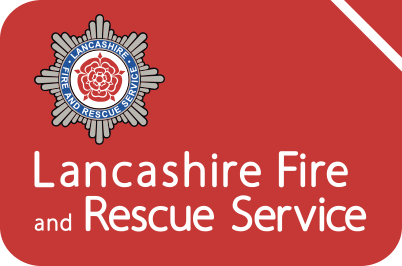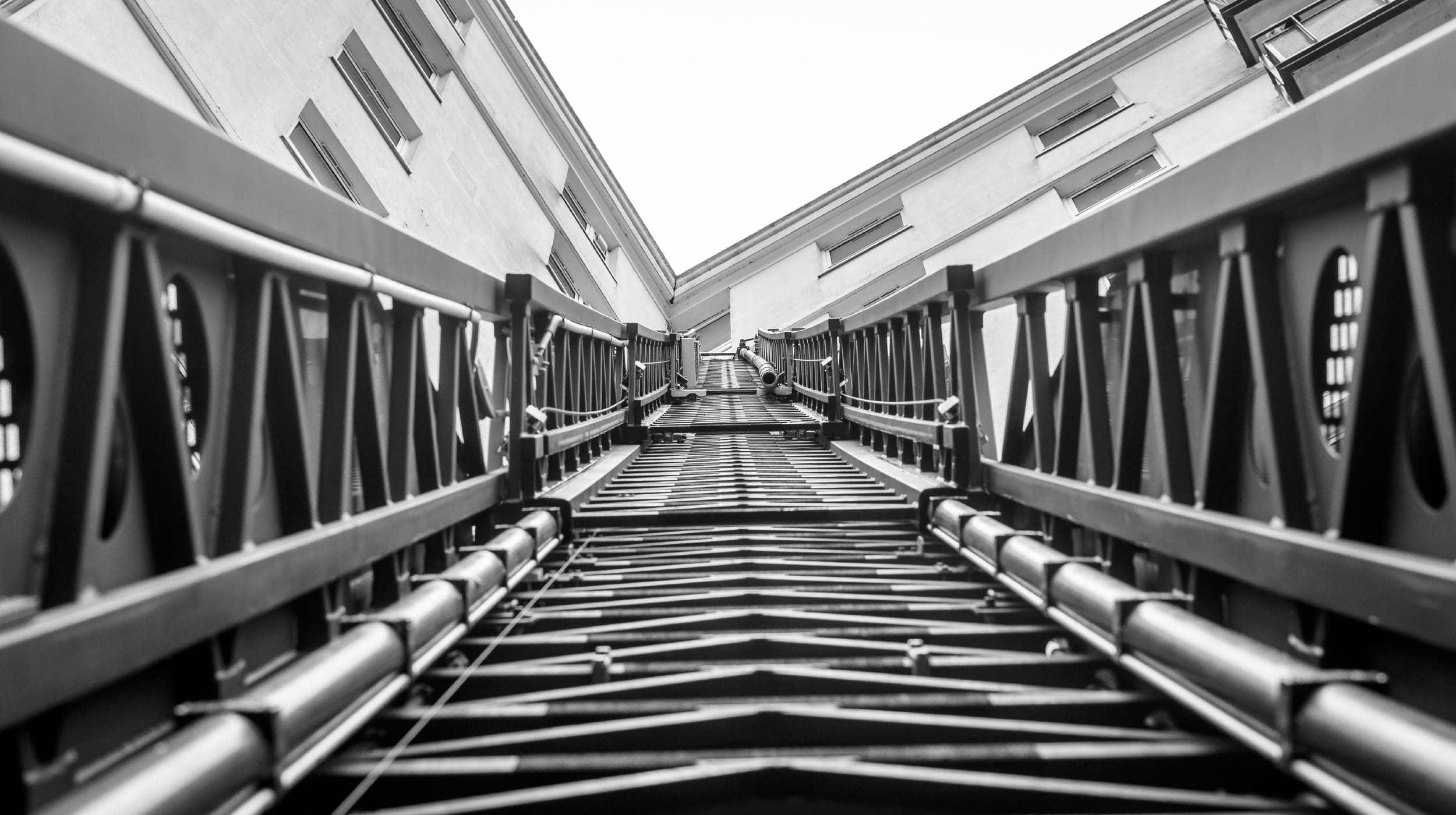Waste fires and bonfires fires – the rules
As a fire service, we get called to hundreds of incidents a year that involve a garden bonfire that has grown out of control. Usually these fires end up spreading to fences, sheds and even properties – causing a huge amount of damage.
Whilst it isn’t strictly against the law to burn rubbish in your own garden, there are laws around burning certain types of waste and to prevent bonfires causing a nuisance.
Our general advice is that you avoid garden bonfires altogether. When it comes to disposing of waste, you should try to either compost or recycle as much as possible, so you don’t need to have a fire.
Where you have particularly heavy or bulky items, your local council should be able to take that away for you.
Rules around burning waste
You cannot burn waste if it will cause pollution or harm to people’s health.
Council’s have a duty to investigate any smoke coming from premises, such as from a bonfire, that could be classed as a statutory nuisance.
For the smoke to count as a statutory nuisance it must do one of the following:
If they agree that a statutory nuisance is happening, has happened or will happen in the future, councils must serve an abatement notice. This requires whoever’s responsible to stop or restrict the smoke.
The notice will usually be served on the person responsible but can also be served on the owner or occupier of the premises.
Reporting a bonfire
If you see a bonfire that is dangerously out of control, i.e. it is about to spread to a shed, fence or other property, you should call 999 and ask for the fire service.
However, if it isn’t out of control and close to spreading, we are limited in what we can do.
Where you have a neighbour that is constantly burning, and this is having an impact on the quality of your life, you should contact your local council’s environmental health team.
You can find out more about how council’s deal with smoke and bonfire complaints on the Government website.





